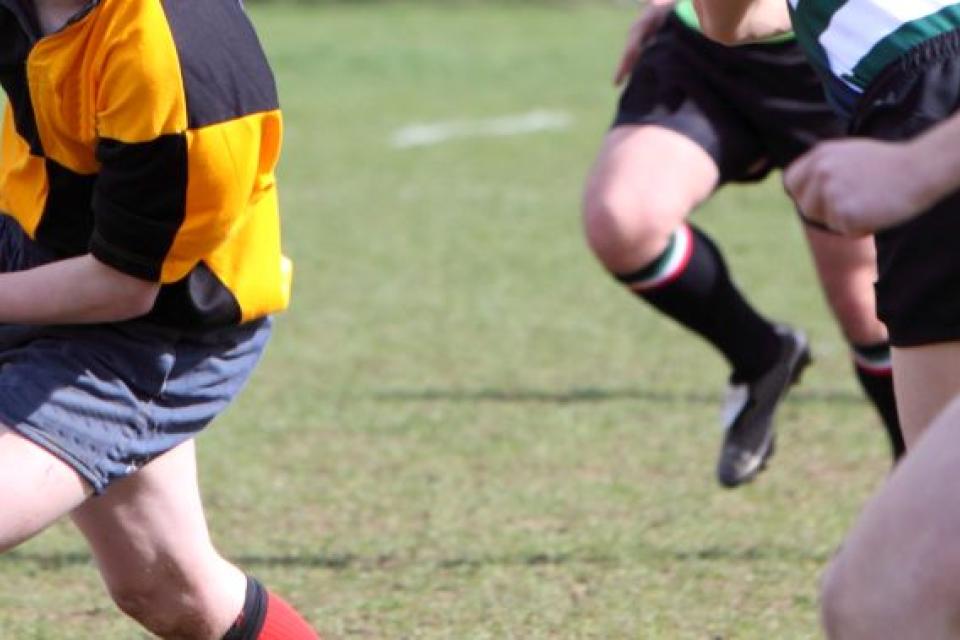How all-boys’ schools can better promote gender equity

(Photo credit: Monkey Business/ Adobe Stock. )
After 28 years as a teacher, I’ve seen first-hand the challenges for educators navigating questions of gender and identity against a tide of influencers and online content.
Now a course coordinator and lecturer in The University of Queensland’s School of Education, my PhD research investigates how boys’ schools approach gender equity.
Gender equity essentially is creating a culture where all students, across identities and stereotypes, have genuine access to opportunities, resources and support to thrive.
In Australia, we often assume gender equity has come a long way, and many boys’ schools have invested in meaningful change.
But my research suggests that even with these efforts, certain embedded barriers continue to limit what is possible.
A curriculum of masculinity
I conducted interviews and focus groups with students, educators and alumni in two independent boys’ schools.
I looked at how boys, including those who don’t identify with dominant norms of masculinity, experience and navigate gender in everyday school life.
Students described how sport-centred, versions of masculinity often set the tone.
Within that culture, toughness is celebrated, and emotional openness can feel risky.
Several talked about being told to “harden up,” and others described moments where showing sadness felt unsafe.
Critical conversations around masculinity are encouraging more open and inclusive ways of thinking, but change is slow.
The everyday culture: the banter, the language, the peer dynamics becomes a barrier to shifting attitudes.
In these all-male environments, boys did challenge stereotypes, but the language around being vulnerable was still very gendered; you were a ‘girl’ if you couldn’t ‘hack’ something.
In boys’ schools, popularity and leadership were often tied to sport and physicality.
Students noticed that those recognised at assemblies were mostly athletes.
That sends a clear message about whose identities matter.
If we want boys and young men to embrace a wider range of masculinities and accept diverse ways of being male, these schools need to celebrate more than just sporting success.

(Photo credit: Alison Bowden/ Adobe Stock.)
The rise of the ‘manosphere’
Social change and online influences add another level of complexity.
The ‘manosphere’ and its high-profile influencers actively promote misogyny while also pushing convincing narratives that cast men as victims.
In that space, the idea of ‘brotherhood’ can take on threatening overtones rather than being supportive and inclusive.
Boys’ schools are under public pressure to respond, and many are trying. But my research found their approaches often miss the mark.
Pastoral programs or a token guest speaker left boys feeling unconvinced, especially when those efforts clashed with the traditional messages about masculinity reinforced at school.
What boys called for
Students were clear: they wanted guidance on e-safety delivered by trusted voices – not random pseudo-experts who risk losing their trust by falling back on deficit talk.
And one-off talks aren’t enough.
Schools often rely on pastoral programs and occasional guest speakers.
Boys frequently described these as disconnected from everyday culture.
The messages did not always line up with what gets rewarded in school life, which remains centred around toughness and stoicism.
What next for boys’ schools?
Changing culture cannot be done in one-off workshops.
It starts with ‘everyday noticing by confident adults’
- Language matters – avoid terms like ‘man up’ and instead ask ‘what are you feeling?’ and ‘what do you need?’
- Interrupt harm – quickly respond to slurs by calling them out, setting a boundary, inviting repair and following up.
- Provide students with visible safe spaces to check-in and offer peer/mentor support.
- Continue working with researchers, share the data with students and co-create new norms.
It’s not enough to tell boys to ‘be themselves’.
They also need to learn how to question and challenge behaviours that put others down.
We can better prepare young men in these school environments to be empathetic, inclusive and committed to gender equity by giving them both the permission to be themselves and the confidence to call out harmful behaviours when they see them.
For more on this topic, UQ’s School of Education and Flinders University is conducting a research project – Including the Voice of Young Men in their Wellbeing Education.
UQ will also host a one-day conference, Reimagining Boyhood, on Wednesday 21 January 2026, exploring critical questions about the wellbeing of boys and young men.
Teachers, school leaders, researchers, policy-makers, police and community and faith-based organisations are encouraged to register here to attend.
Related articles

UQ teaching elevates student experience

National guidelines to revolutionise concussion treatment
Media contact
UQ Communications
communications@uq.edu.au
+61 429 056 139
